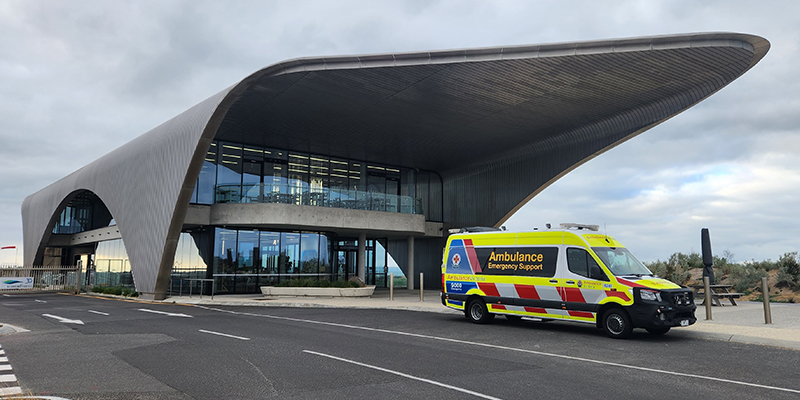Shocking new data from the Stroke Foundation has found the majority of people living in the Australian Capital Territory would not recognise one of the key signs of stroke.
The Foundation’s most recent annual F.A.S.T. National Awareness Survey found 13 per cent of ACT residents are aware that inability to lift both arms is a sign of stroke, compared with 16 per cent the year before.
Stroke Foundation Chief Executive Officer, Dr Lisa Murphy said this is not the direction the numbers should be heading.
“Inability to lift both arms is one of the most common signs of stroke but it has the least awareness, and we need to change this. A significant proportion of stroke patients are arriving to hospital with this indicator of stroke so it’s concerning that the majority of ACT residents don’t know it’s a sign,” Dr Murphy said.
According to National Stroke Audit data, close to 60 per cent of Australian stroke patients present to hospital with weakness in one arm. Despite this, it remains the least known sign of stroke featured in the F.A.S.T. acronym which is used around the world.
The F.A.S.T. acronym highlights the three most common signs of stroke (face, arms, speech). The T stands for time as a reminder that there is no time to waste, stroke is a medical emergency and always a 000 call.
When compared to the other two key strokes signs used in the F.A.S.T. acronym, ACT residents’ recognition of facial droop is 40 per cent and speech difficulties is 51 per cent.
“Knowing the signs of stroke is a crucial first step in receiving emergency treatment and increasing the chances of surviving and living well after stroke. By knowing the signs, you recognise a stroke sooner, call an ambulance sooner, and get emergency medical treatment sooner,” she said.
“We’re asking all Australians to learn F.A.S.T. and not to forget that ‘A’ is inability to lift both arms and is an important indicator that someone is having a stroke.”
This April, Stroke Foundation is asking Australians to think ‘A’ for arms and equip themselves with the life-saving knowledge of recognising this key stroke sign.
Stroke is a leading cause of disability in Australia. It kills more men than prostate cancer and more women than breast cancer. More than 6,200 survivors of stroke live in the ACT.








